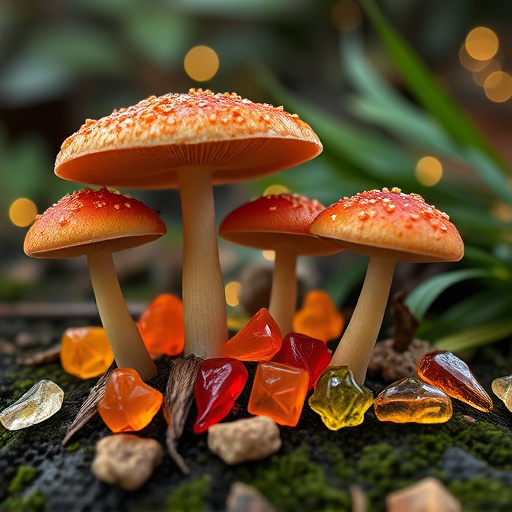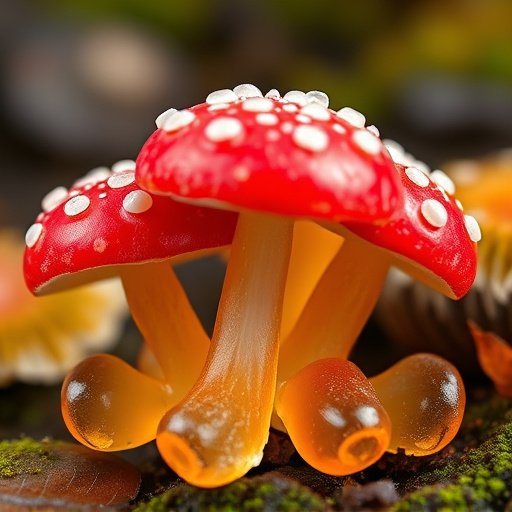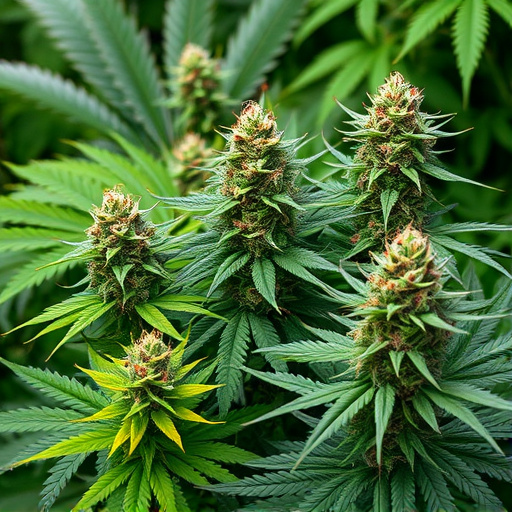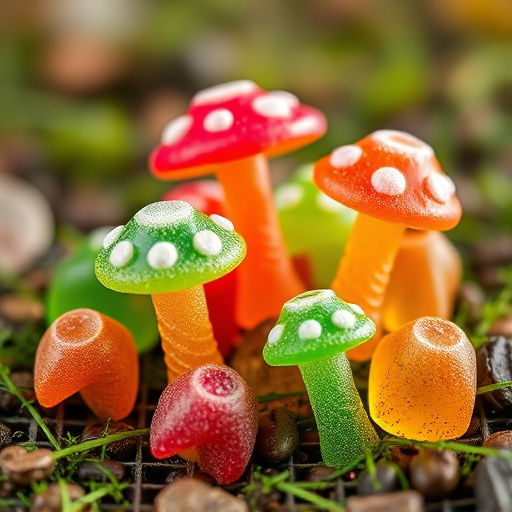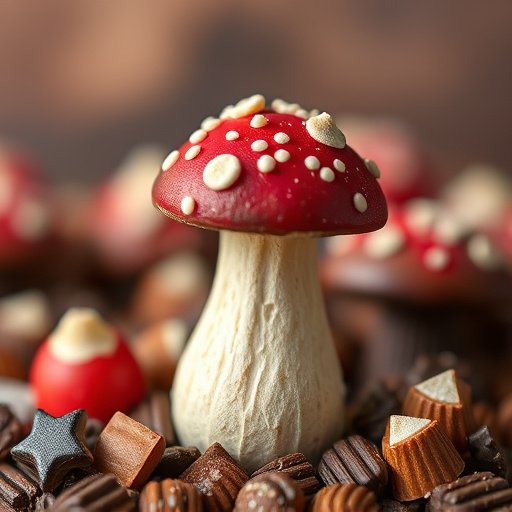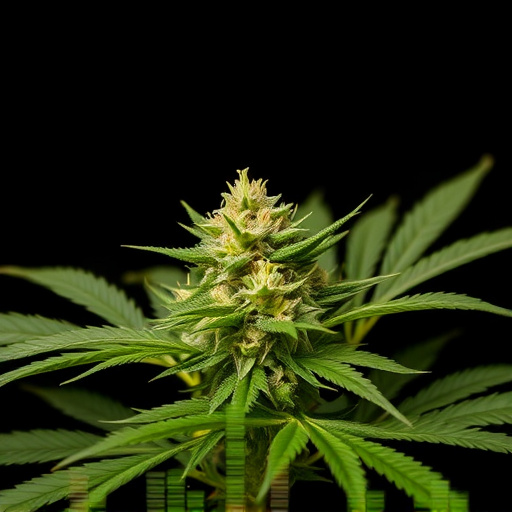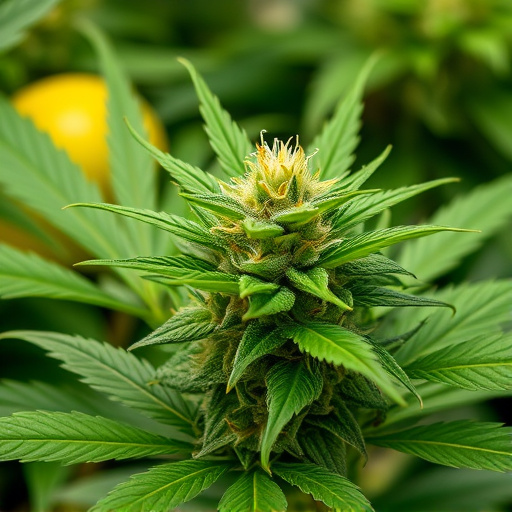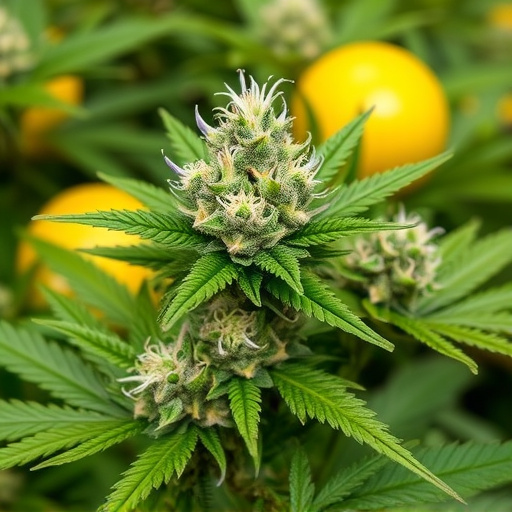Lemon cannabis strains are highly sought after for their potent THC levels, balanced cannabinoid profiles, and unique citrusy aroma. These varieties thrive in specific environmental conditions and are meticulously bred to enhance potency and terpene production. Modern genetic selection and breeding techniques ensure these lemon strains deliver uplifting effects and a superior taste experience, making them a top choice for both recreational and medicinal users.
Looking to maximize your cannabis flower potency? This guide breaks down proven strategies for enhancing the power of your plants, from understanding the science behind potency to leveraging specific lemon cannabis strains known for their high THC levels. We’ll explore environmental factors that drive growth and genetic selection techniques used by top growers. Get ready to cultivate exceptional buds.
- Understanding Cannabis Potency and Lemon Strains
- Environmental Factors for Higher Potency
- Genetic Selection and Breeding Techniques
Understanding Cannabis Potency and Lemon Strains
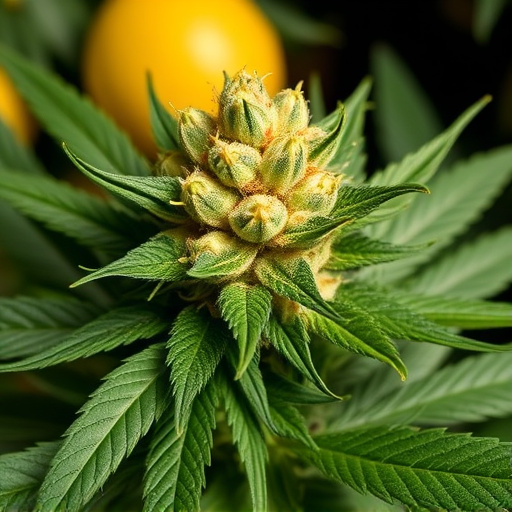
Cannabis potency refers to the concentration of THC (tetrahydrocannabinol) and other cannabinoids in a plant, determining its strength and effects. Measuring potency is crucial when cultivating or purchasing cannabis, especially for medical users who need specific dosages. Lemon strains are renowned for their high THC levels, making them potent game-changers. These strains get their name from the citrusy aroma and flavor they possess, offering a unique sensory experience alongside intense effects.
The lemon cannabis strains have become popular among both recreational and medicinal users due to their ability to provide powerful relief without overwhelming sensations. Cultivators often breed these strains by crossing different varieties, focusing on amplifying the THC content while maintaining a balanced profile of other cannabinoids like CBD. This meticulous process ensures that lemon strains deliver an enhanced experience, making them a top choice for those seeking potent and aromatic cannabis.
Environmental Factors for Higher Potency
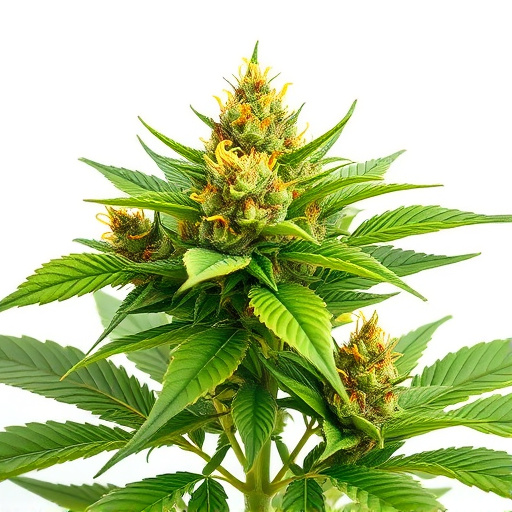
Cannabis plants, like many others, are highly sensitive to their environment. Creating the right conditions can significantly impact the final product’s potency. One effective method is to optimize environmental factors such as temperature, humidity, and light exposure. For lemon cannabis strains, which are known for their uplifting and energizing effects due to high levels of limonene, maintaining a consistent temperature between 65-75°F (18-24°C) can promote robust growth and enhanced terpene production.
Humidity plays a crucial role as well; aiming for 40-60% relative humidity supports ideal conditions for cannabis plants to thrive. Adequate lighting is essential, with many lemon strains preferring a 12/12 light cycle. Using high-intensity discharge (HID) lights or LED grow lights can provide the necessary spectrum and intensity to foster potent flower development, enhancing the natural limonene and other desirable terpene profiles in these citrusy varieties.
Genetic Selection and Breeding Techniques

Genetic selection and breeding techniques play a pivotal role in enhancing the potency of cannabis flowers. By carefully choosing parent plants with high THC or CBD content, breeders can create new strains that inherit these desirable traits. This process involves rigorous testing to ensure the desired genetic characteristics are passed on consistently. One popular approach is crossing different cannabis varieties, especially those known for their unique terpene profiles and potent effects, such as lemon cannabis strains.
For instance, combining a high-THC strain with a parent that produces specific terpenes can result in offspring with increased potency and enhanced aromatic properties. Lemon cannabis strains, renowned for their citrusy fragrance and uplifting effects, are often sought after for breeding due to their potential to pass on these desirable attributes. This modern approach leverages scientific understanding of genetics to create cannabis flowers that not only possess higher levels of active compounds but also maintain or improve overall plant health and yield.
Increasing cannabis flower potency involves a combination of understanding genetic traits, optimizing environmental conditions, and employing advanced breeding techniques. As discussed in this article, leveraging specific lemon cannabis strains known for their high THC levels can significantly enhance overall potency. Additionally, controlling factors like light exposure, temperature, and nutrient availability is crucial for maximizing the potential of these plants. By combining sound cultivation practices with cutting-edge breeding methods, growers can produce cannabis flowers with elevated potency, delivering enhanced experiences to consumers.

